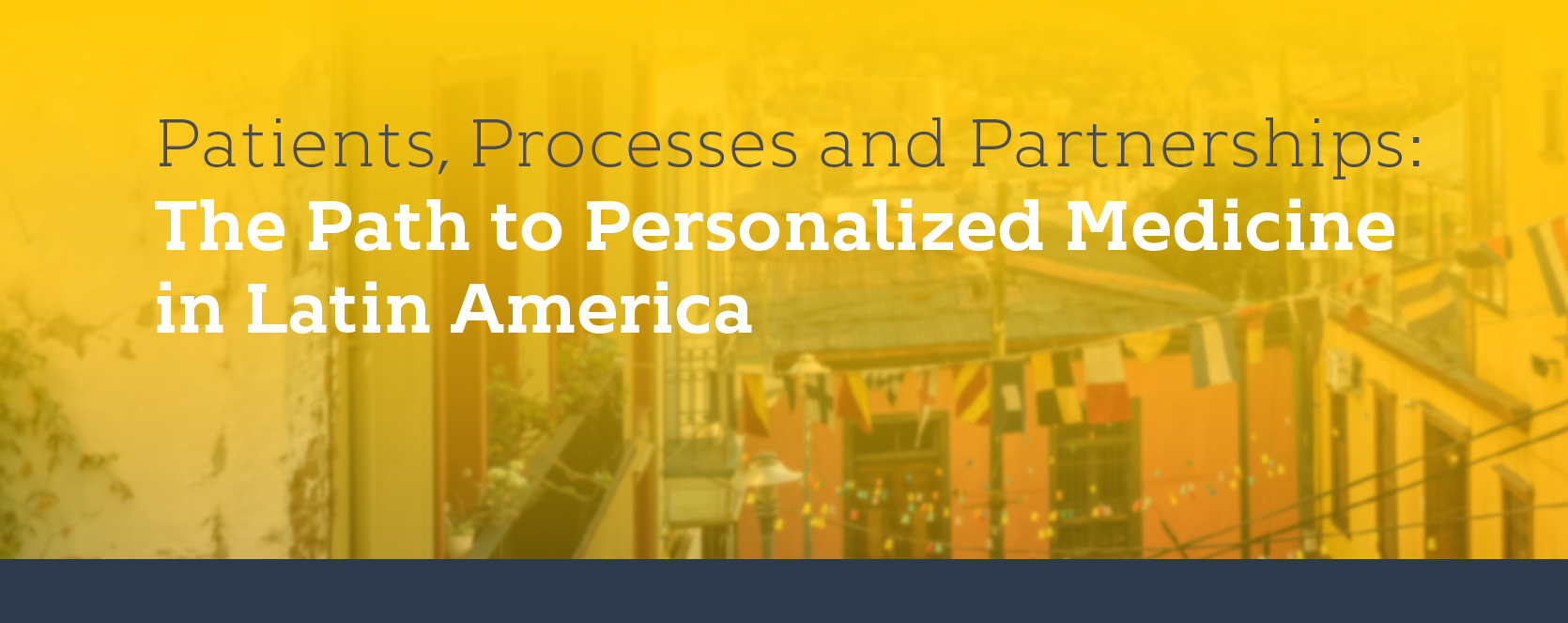
Reverse logistics: Understanding the here to there and back again
Personalized medicine will lead to smaller packaging, time and temperature-sensitive products, and more frequent deliveries. Think just-in-time delivery for individuals with no room for error. It will ultimately will lead to healthier patients and communities. To make sure that this new medical frontier also is healthier for the environment, the logistics industry must explore innovations in reverse logistics.
The new world of medicine, particularly in the context of the expanding role of technology, will require logisticians to re-visit two key impacts on reverse logistics:
- Smaller, time-sensitive, two-way deliveries to individuals vs to large institutions; and
- Environmental concerns including packaging innovations, recycling techniques, and the efficient use of cold chain and other specialized resources.
Reverse logistics is the process of moving goods from their typical final destination for the purpose of capturing value, or proper disposal, according to industry organizations.
In the evolving world of medicine, reverse logistics is about the recycling of individual, specialized packaging that accumulates from regular deliveries; quickly returning individual, temperature-controlled biomedical samples back to the lab; and finding ways to fill up trucks on their return routes, so as not to waste fuel, human resources and the opportunity costs of driving an empty truck or airplane.
Reverse logistics in action
One study by consulting firm McKinsey & Company estimated that “supply chain expenses now represent nearly 25 percent of pharma costs and more than 40 percent of medical device costs,” showing that efficiencies here could free up investments in new, more efficient processes, as well as directly and dramatically impact prices to the end consumer.
As two of the biggest players in global cargo logistics, DHL and American Airlines Cargo are taking great care to reach out to their partners across their entire footprint to identify challenges throughout the supply chain, and then working together to create solutions.
As Latin America prepares for its introduction into the world of large-scale personalized medicine, its logistics industry must prepare to pave the way.
Reverse logistics and the future
One study by consulting firm McKinsey & Company estimated that “supply chain expenses now represent nearly 25 percent of pharma costs and more than 40 percent of medical device costs,” showing that efficiencies here could free up investments in new, more efficient processes, as well as directly and dramatically impact prices to the end consumer.
As two of the biggest players in global cargo logistics, DHL and American Airlines Cargo are taking great care to reach out to their partners across their entire footprint to identify challenges throughout the supply chain, and then working together to create solutions.
As Latin America prepares for its introduction into the world of large-scale personalized medicine, its logistics industry must prepare to pave the way.
© 2019 American Airlines Cargo & LifeConEx.
All rights reserved.


